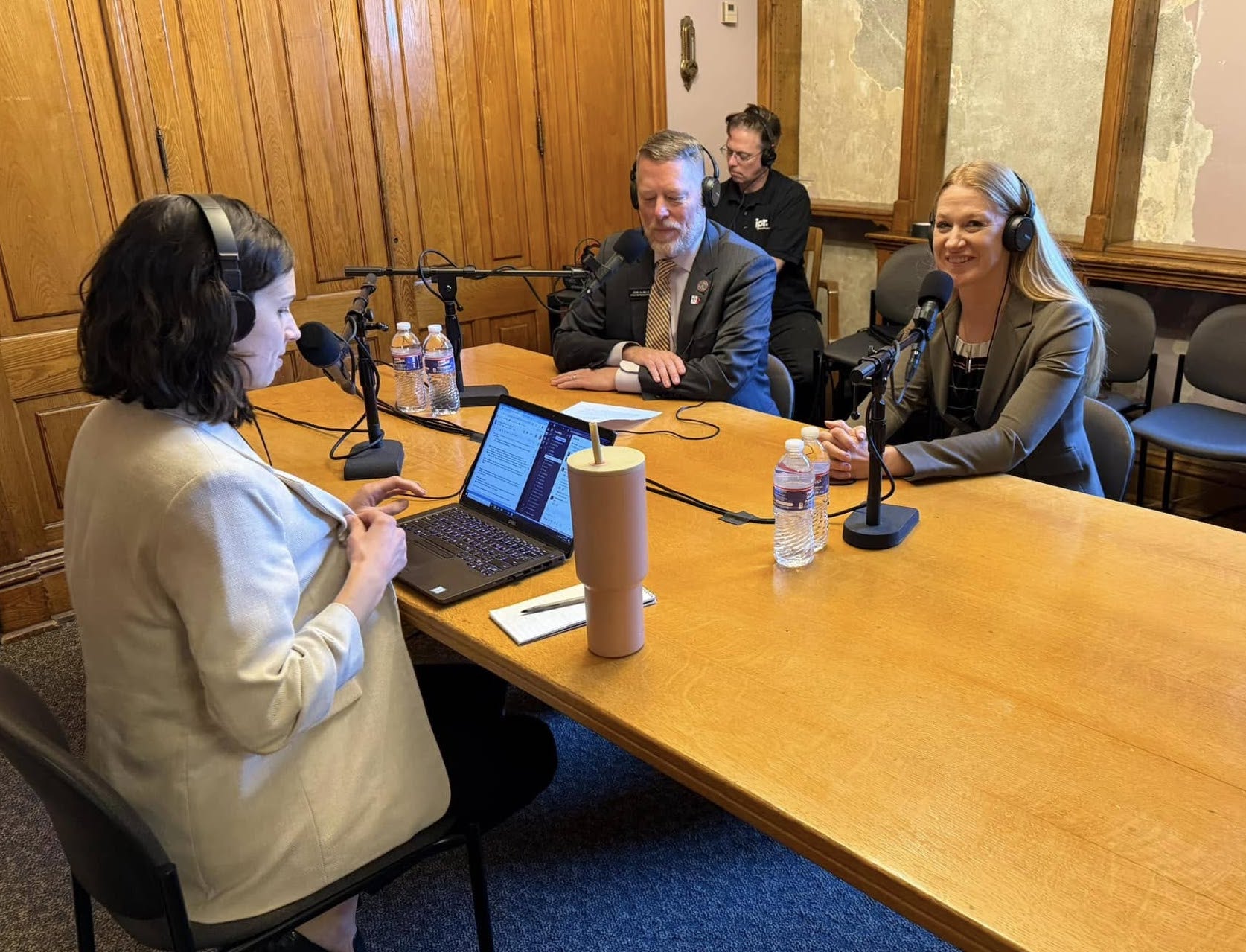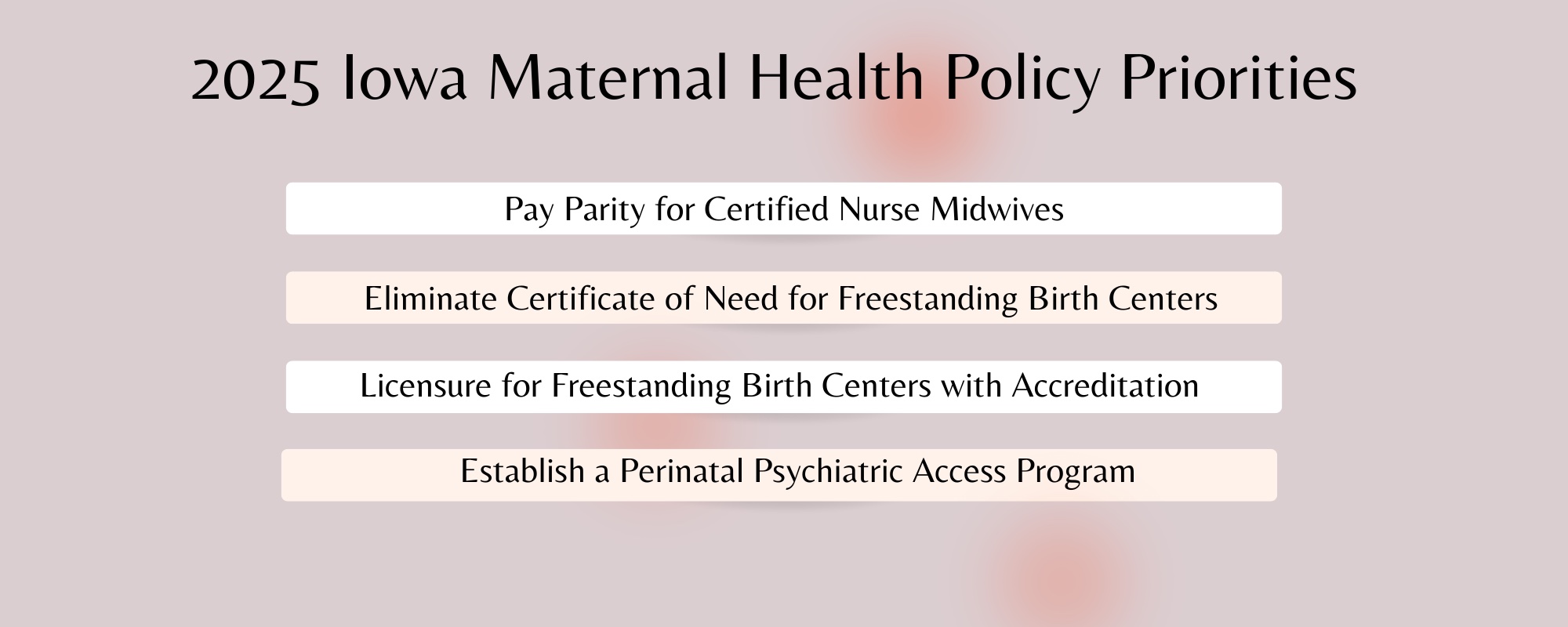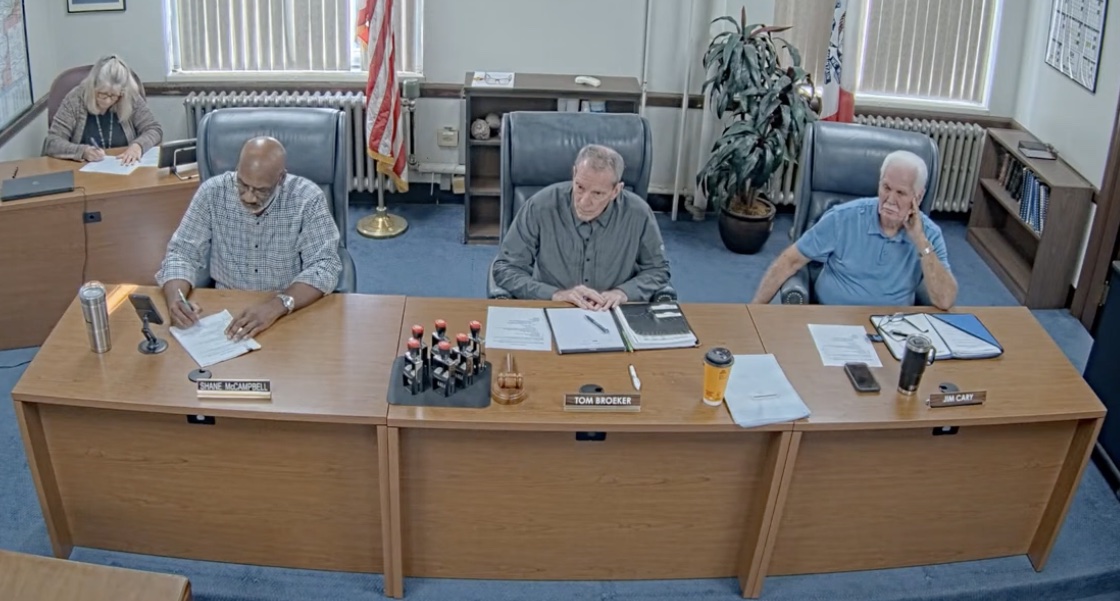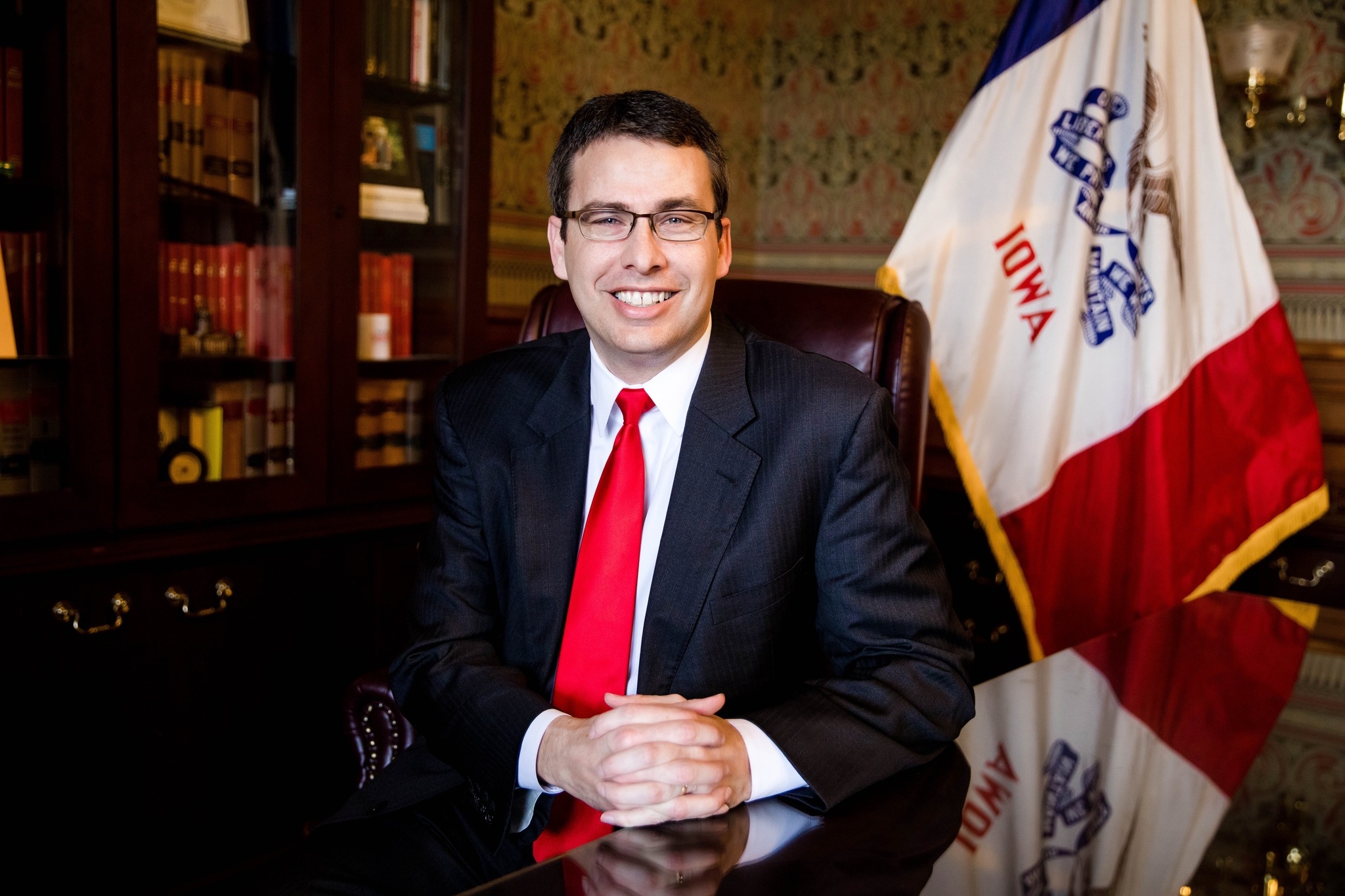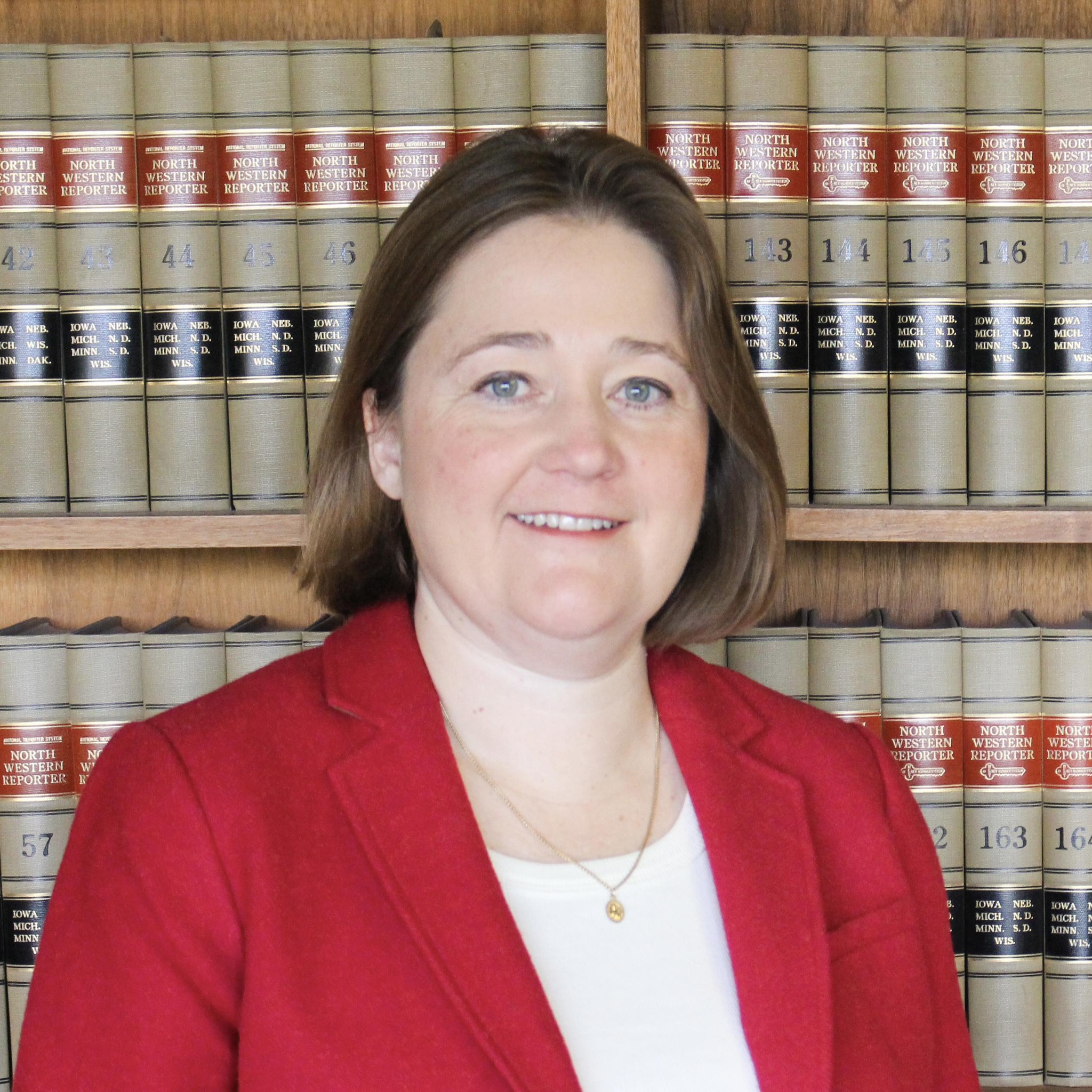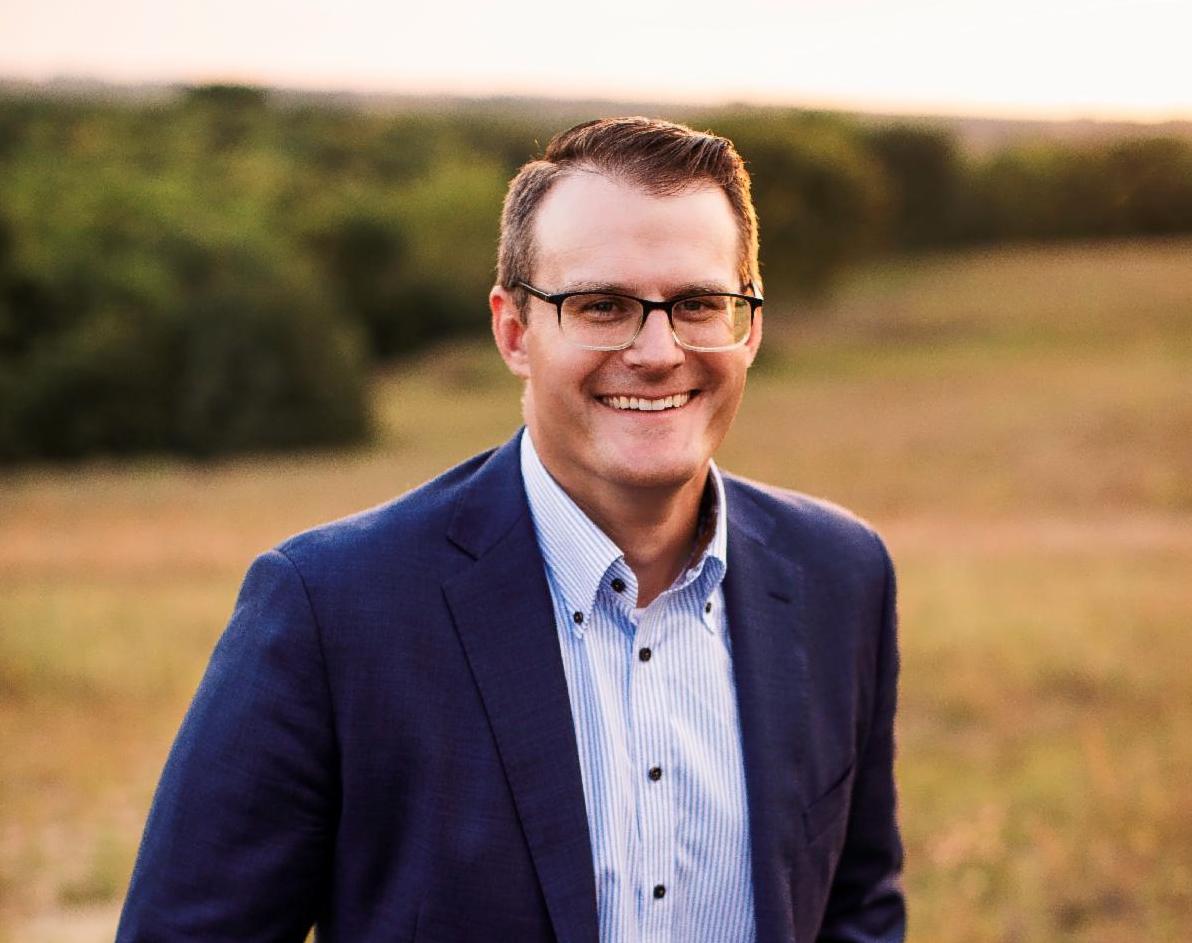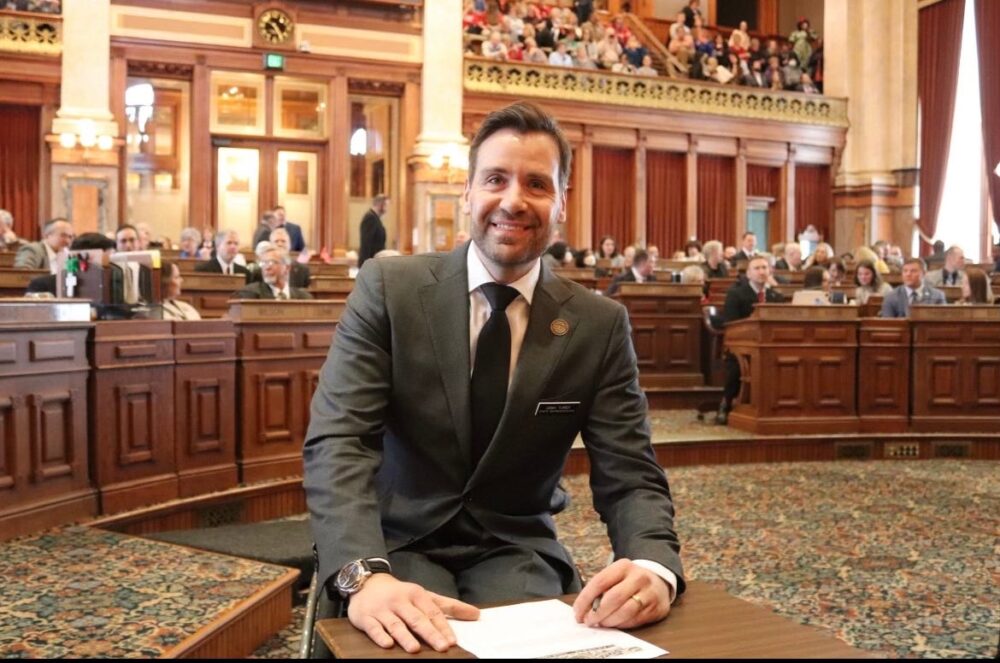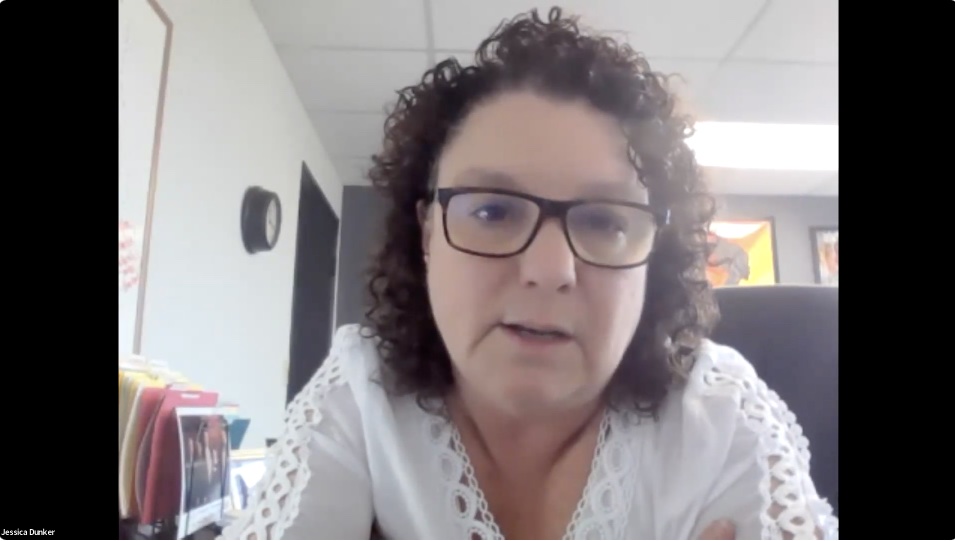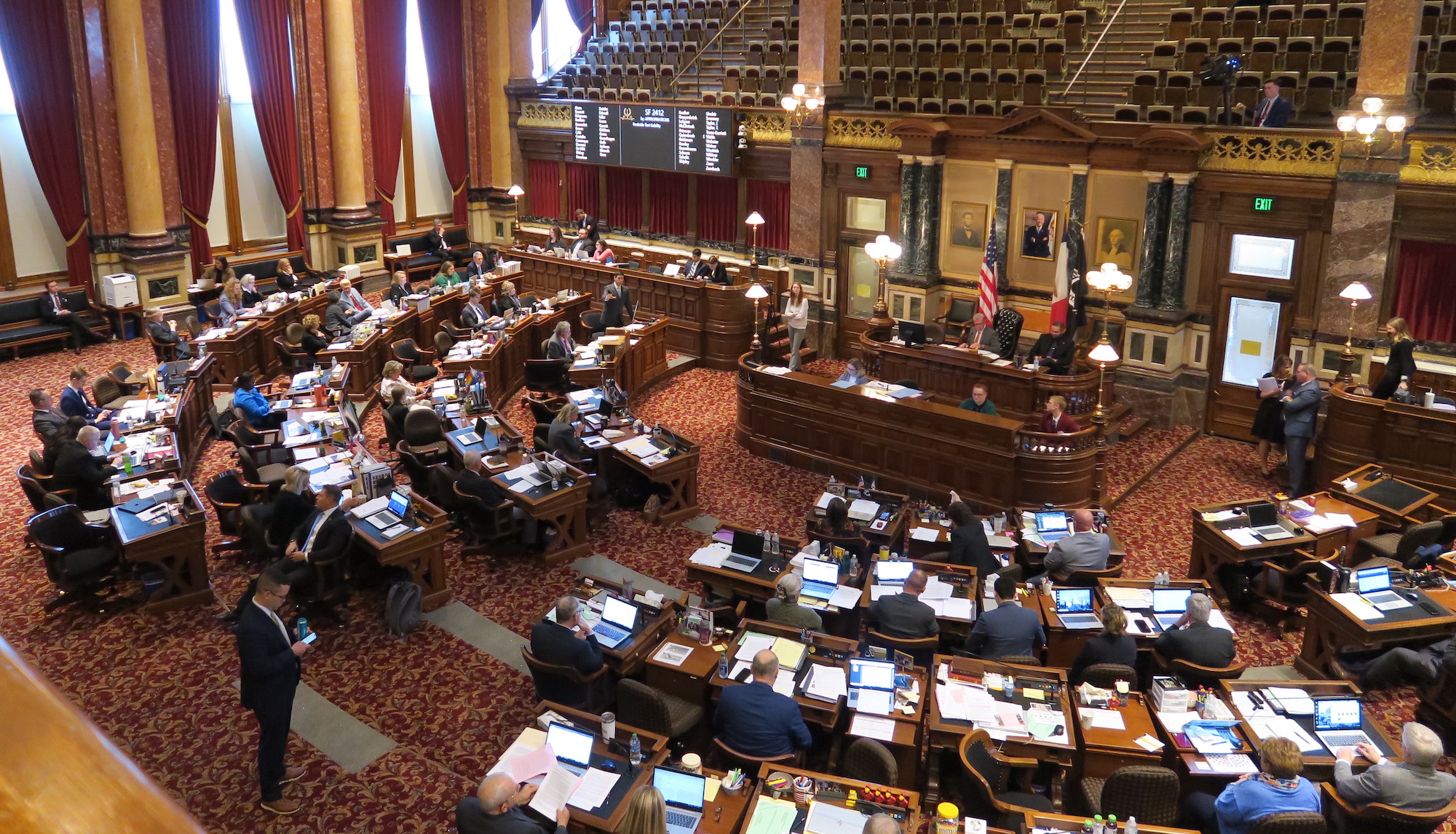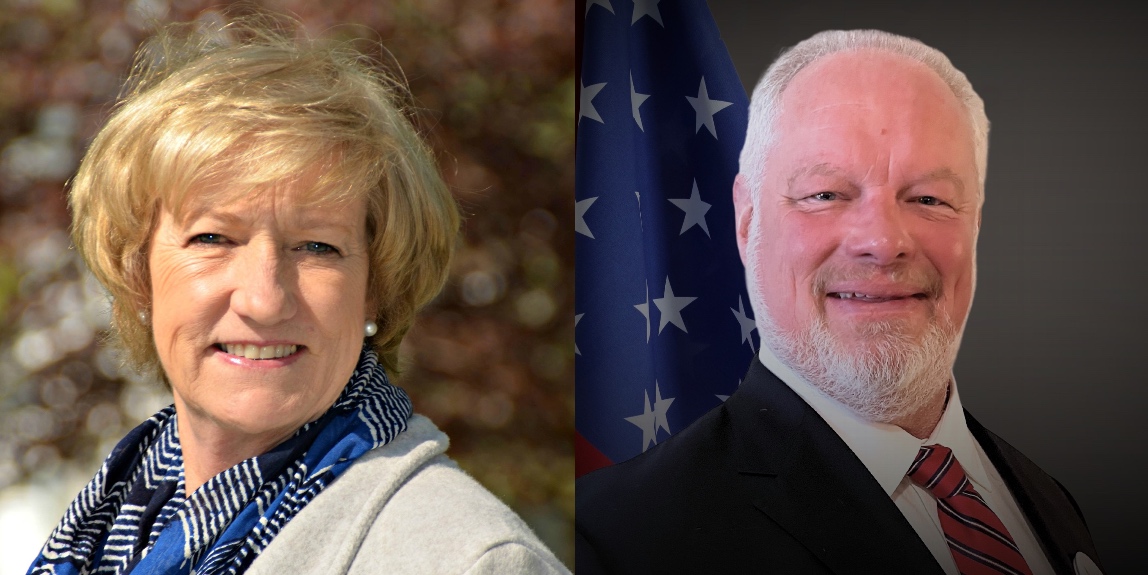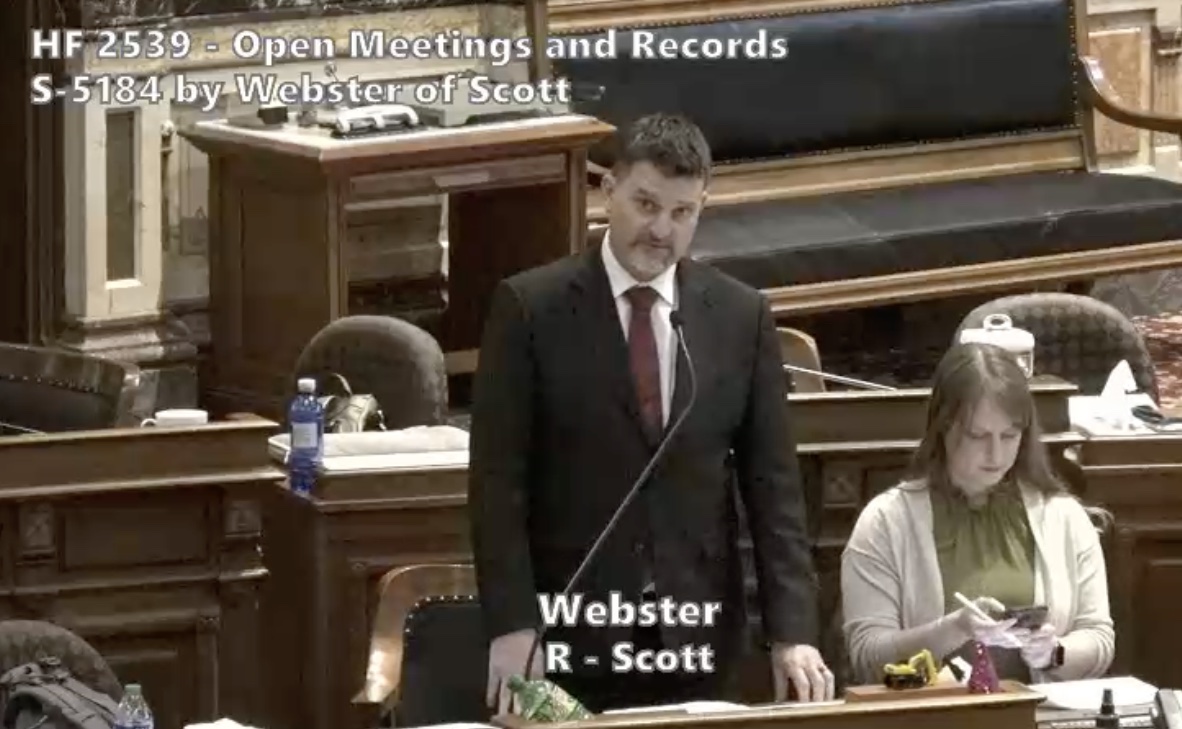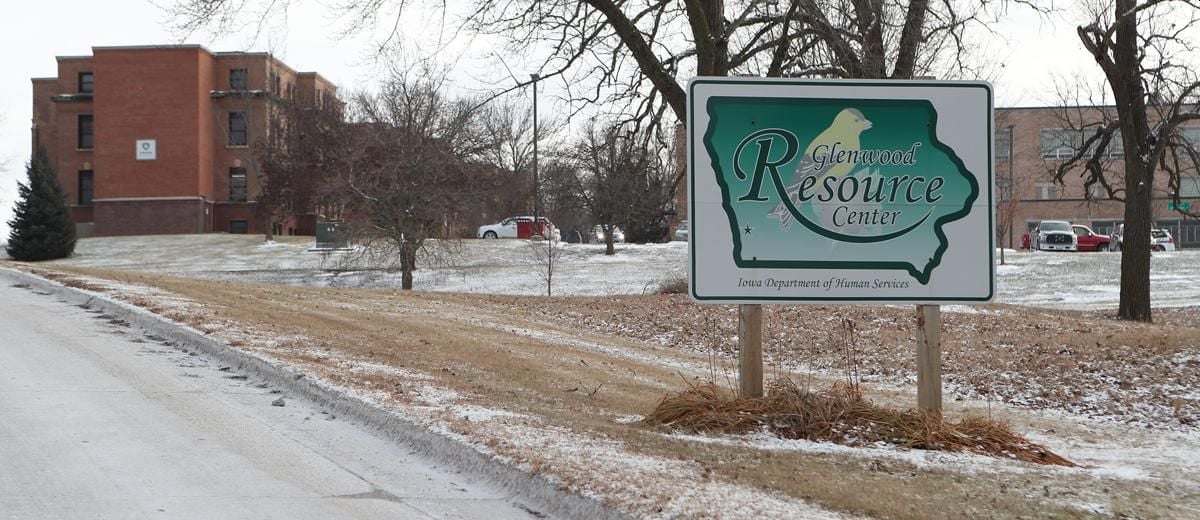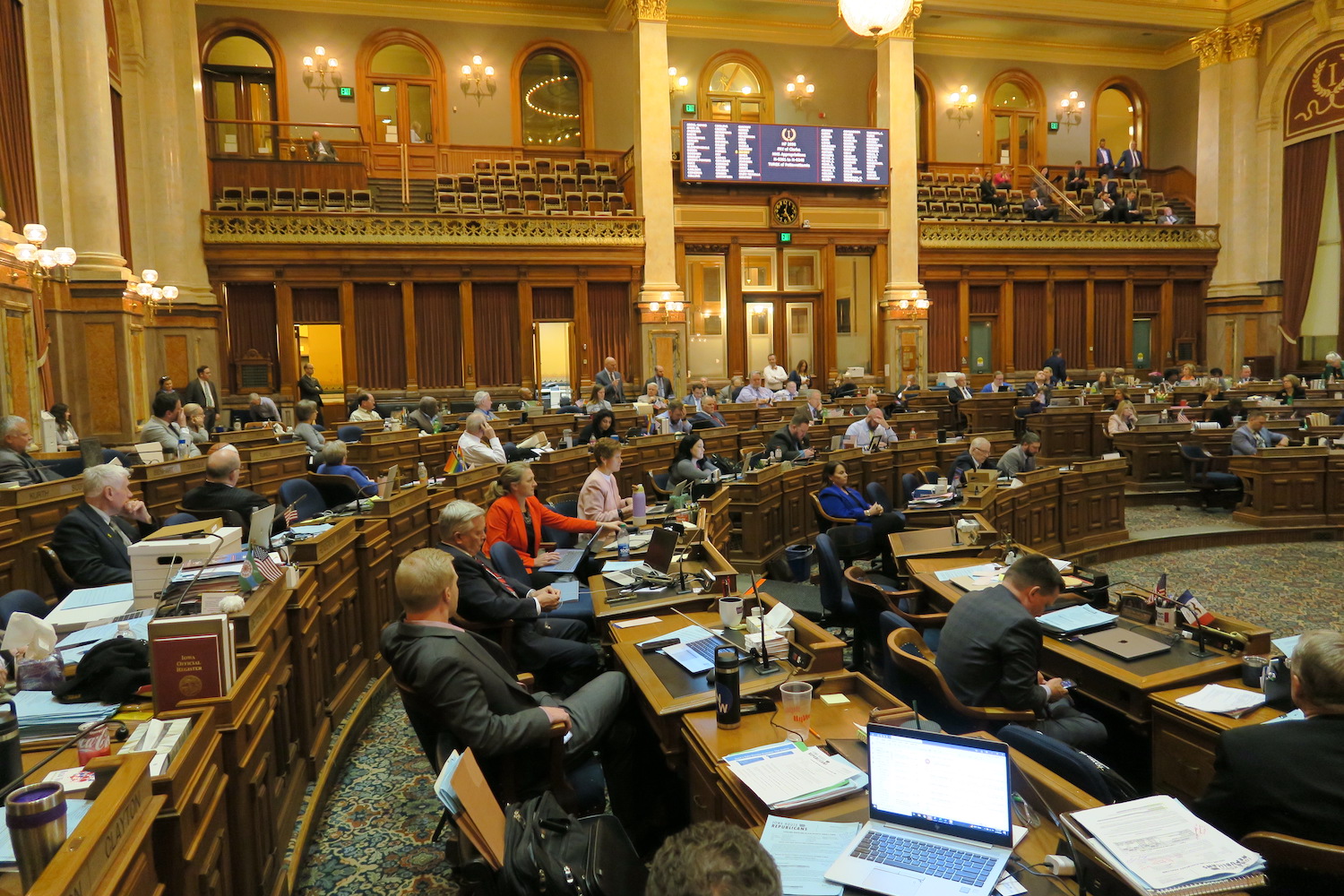Dean Lerner served Iowa as an Assistant Attorney General for sixteen years, Chief Deputy Secretary of State for four years, and about ten years as Deputy Director, then Director of the Department of Inspections & Appeals. He then worked for the CMS Director of the Division of Nursing Homes, and the United States Attorney for the Northern District of Iowa. He is a graduate of Grinnell College and Drake University Law School.
These days, Iowans may wonder how our elected officials, who should prioritize protecting and caring for the most vulnerable, can live with themselves or even look at themselves in the mirror. More than 50,000 Iowans live in the state’s more than 400 nursing homes. Most of those facilities are for-profit enterprises, funded by tens of billions of taxpayer dollars. These residents, their families, those of us approaching our own long-term care needs—and frankly, all Iowans—should be able to count on responsible individuals of both political parties to fulfill their oaths.
Not in Iowa.
Republicans have had full control of state government (the Iowa House, Senate, and governor’s office) since 2017. In her recent Condition of the State address, Governor Kim Reynolds made it sound as if we were now living in the State of Nirvana, thanks to her and her party.
Continue Reading...





